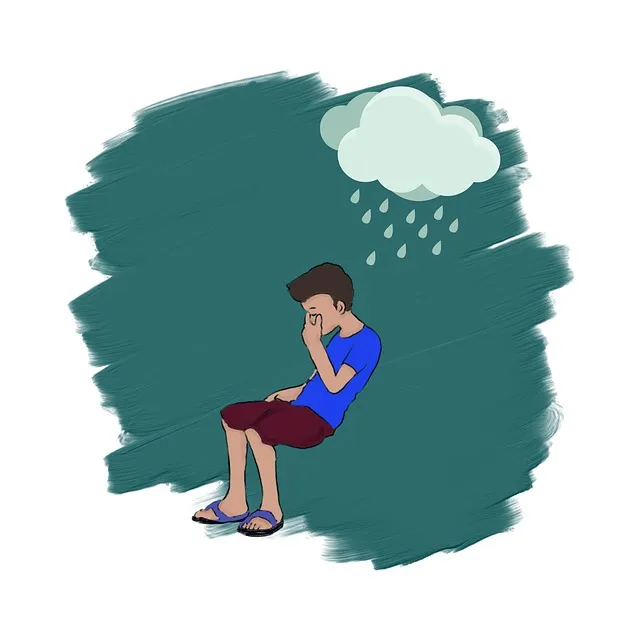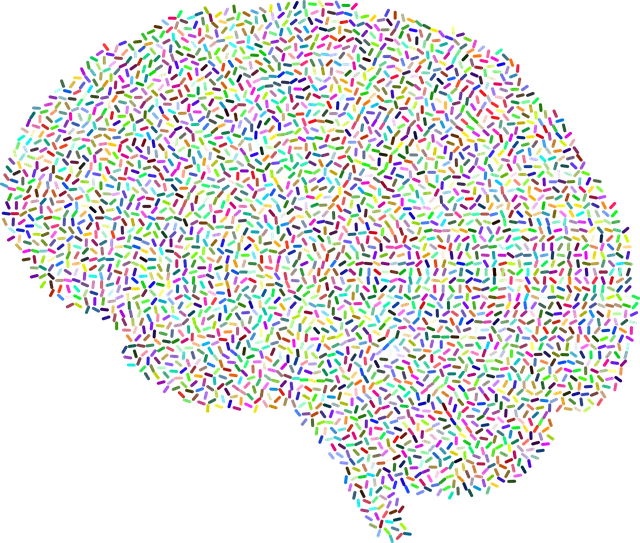The Kaiser Permanente mental health center in Superior addresses the significant issue of mental health stigma through comprehensive initiatives. They promote open dialogue, offer Mindfulness Meditation as an anxiety relief tool, and provide educational programs like Coping Skills Development workshops to break down barriers. Their community engagement strategies, media campaigns sharing accurate information, and expert-led sessions empower individuals to seek help without judgment, fostering a more supportive environment for mental wellness.
Mental illness stigma remains a significant barrier to individuals seeking help. This article explores comprehensive efforts to reduce this stigma, focusing on strategies employed by leading organizations like Kaiser Permanente mental health centers. We delve into their innovative approaches, community engagement initiatives, and the powerful role of media in shaping public perception. Additionally, we highlight success stories that demonstrate how breaking down stigma fosters support and improved mental well-being.
- Understanding Stigma: Its Impact on Mental Health Seekers
- Kaiser Permanente's Approach to Breaking Down Barriers
- Community Engagement: Educating and Empathizing for Change
- The Role of Media in Shaping and Correcting Perceptions
- Success Stories: When Stigma Turns into Support
Understanding Stigma: Its Impact on Mental Health Seekers

Stigma surrounding mental health is a significant barrier for individuals seeking support. It often manifests as negative attitudes and beliefs that discourage people from discussing their struggles openly. This can have profound effects on those experiencing anxiety, depression, or other mental health conditions. At Kaiser Permanente mental health centers, Superior, the focus is on reducing this stigma through comprehensive Mental Health Awareness initiatives.
Understanding the impact of stigma means recognizing how it contributes to feelings of isolation and shame among sufferers. It often prevents people from seeking professional help, leading to prolonged suffering. By promoting Mindfulness Meditation as a tool for Anxiety Relief, these centers aim to create a more accepting environment. Through education and open dialogue, Kaiser Permanente strives to foster an atmosphere where individuals feel comfortable discussing their mental health without fear of judgment, ultimately encouraging them to prioritize their well-being.
Kaiser Permanente's Approach to Breaking Down Barriers

Kaiser Permanente, a renowned healthcare provider, has pioneered innovative strategies to combat stigma surrounding mental health issues. Their approach is centered around comprehensive care and education, aiming to create a more supportive environment for individuals seeking assistance. The organization operates superior mental health centers equipped with specialized teams dedicated to providing compassionate and effective treatment.
Through their Crisis Intervention Guidance, Kaiser Permanente offers immediate support during times of crisis, ensuring individuals receive the necessary resources. Additionally, they promote Self-Care Practices, empowering patients to take an active role in their well-being. By fostering open conversations and providing accessible services, these efforts contribute to building Confidence Boosting initiatives, encouraging more people to seek help without fear of judgment.
Community Engagement: Educating and Empathizing for Change

Community engagement is a powerful tool in the fight against mental illness stigma. By bringing awareness and fostering empathy, individuals from all walks of life can contribute to a more accepting society. Kaiser Permanente mental health centers play a vital role in this effort, serving as hubs for education and support. Through various initiatives, these centers aim to connect with the community, offering programs like Coping Skills Development workshops and Social Skills Training sessions that empower individuals to understand and manage mental health challenges.
The process involves breaking down barriers and encouraging open conversations about mental wellness. Educating the public not only helps in recognizing symptoms but also promotes early intervention. By fostering empathy, community members can offer support and reduce instances of discrimination, creating a superior environment where those facing mental health issues feel safe and understood.
The Role of Media in Shaping and Correcting Perceptions

Media plays a pivotal role in shaping societal perceptions about mental illness, often perpetuating stereotypes or, conversely, providing an avenue for education and awareness. The former can be seen through sensationalized portrayals in television shows or movies, where mental health struggles are reduced to mere plot devices, reinforcing the stigma associated with these conditions. However, media also has the power to correct these misconceptions. Many reputable outlets now prioritize sharing accurate information about various mental health disorders, highlighting their symptoms and available treatments.
The Superior Kaiser Permanente mental health center, for instance, leverages media platforms to promote initiatives aimed at burnout prevention and self-care routine development for better mental health. Through informative articles, interviews with experts, and personal stories of recovery, they contribute to a more nuanced understanding of mental illness. Additionally, by addressing the trauma support services available, these efforts help dispel myths and encourage individuals to seek assistance without fear of judgment.
Success Stories: When Stigma Turns into Support

In the battle against mental illness stigma, success stories serve as powerful beacons of hope and understanding. Take the example of individuals who have found solace and support at Kaiser Permanente’s mental health centers. These centers, upholding the Mind Over Matter principles, have become safe havens where people can openly discuss their struggles without fear of judgment. The transformation from stigma to support is a testament to the effectiveness of comprehensive programs like these.
The journey towards destigmatization involves various strategies, including Community Outreach Program Implementation and Healthcare Provider Cultural Competency Training. By engaging communities and equipping healthcare professionals with the knowledge to address mental health concerns sensitively, these initiatives foster an environment where individuals are encouraged to seek help without embarrassment or hesitation. Success stories from Kaiser Permanente’s superior approach demonstrate that when communities come together and healthcare providers prioritize cultural competency, stigma can be reduced, leading to improved access to quality mental health care for all.
Mental illness stigma is a complex issue, but with concerted efforts from organizations like Kaiser Permanente mental health centers, community engagement, and responsible media representation, we can make significant progress. By understanding the profound impact of stigma on those seeking help, implementing innovative strategies to break down barriers, and sharing success stories of support and recovery, we can create a more inclusive society. The superior approach taken by Kaiser Permanente serves as a model for others, demonstrating that collective action can lead to substantial changes in how mental health is perceived and supported across communities.






